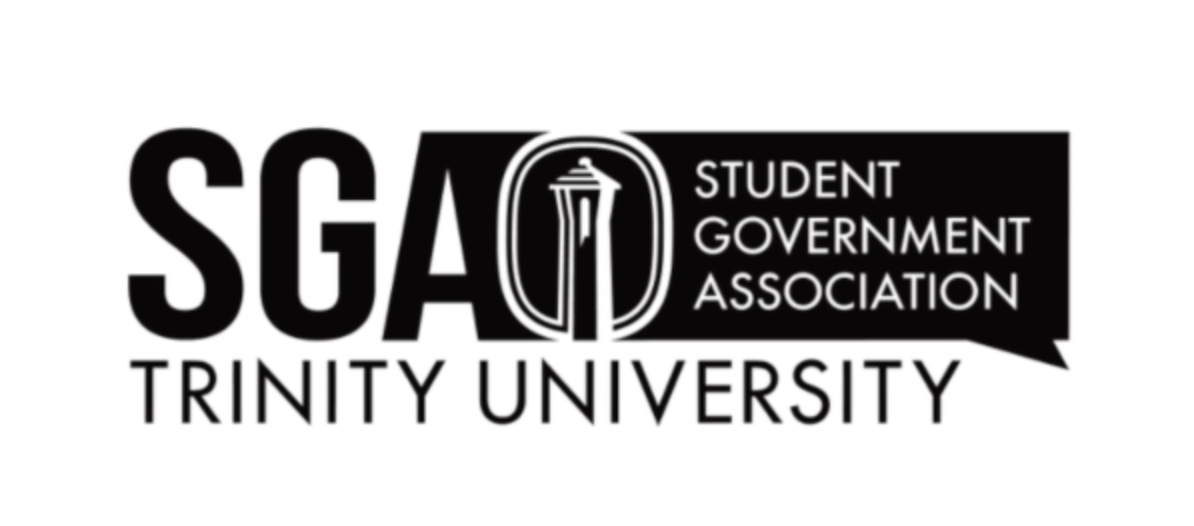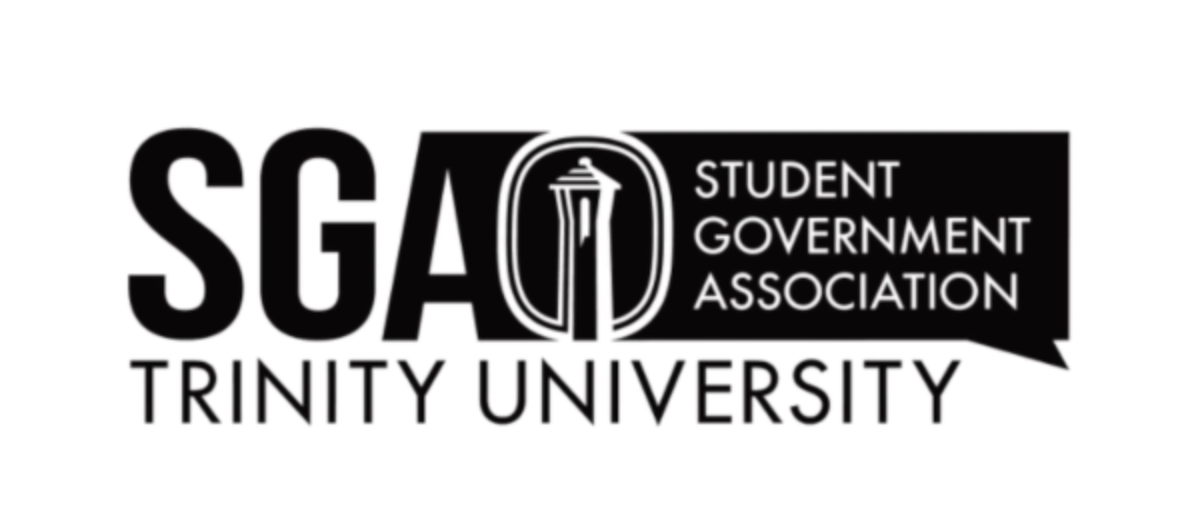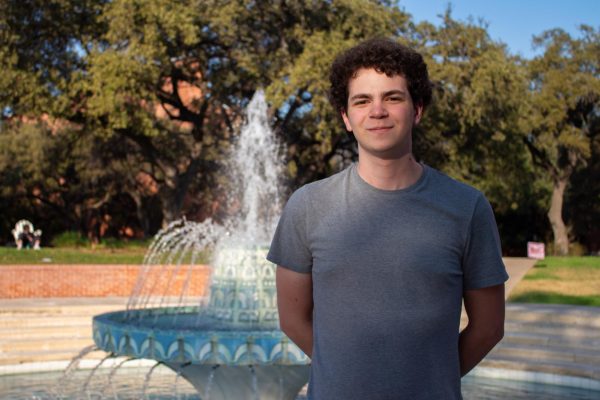CLIMATE CHECK
First-year Senator John De Hoyos reported that he chatted with American Building Maintenance, the custodial service provider to Trinity. He said students were concerned when coming back from break to find mold in their bathrooms, and the chat clarified that the reason students would often come back to mold was because of the lack of ventilation in the bathrooms. De Hoyos shared that ABM would communicate this with students and encourage them to leave their doors open over breaks. De Hoyos also spoke to ABM to clear up confusion about what ABM was contractually allowed and obligated to do. ABM said they’re not allowed to move items or furniture, so it’s up to students to mop their rooms where their workers can’t reach them. ABM also goes on break at the same time students do, so they’re unable to clean rooms then.
Junior Senator Orlando Ventura brought up students’ demands for more explanations from Chartwells regarding raising meal plan prices and pushing students to eat at Mabee Dining Hall more often. Multiple senators and cabinet members reported that students’ cards were not swiping at the kiosks in Mabee, despite working everywhere else on campus, and Mabee employees told them to get a new Tiger Card, even if they had to pay for it. President Joy Areola said she would explore hosting a town hall with Chartwells so students had the opportunity to get their questions answered.
ACADEMIC HONOR COUNCIL REFORM
Student Judges Michael Sanchez and Genevieve Dakour from the Academic Honor Council presented amendments to the AHC to close loopholes and streamline the trial process to make it fairer. The judges said hearings would take place weeks or months after the incident, during which time a student and professor could not contact each other, making classes difficult to attend. Professors would often deal with the problem themselves, avoiding the paperwork that going to the AHC would entail. There was also a major loophole where a student could say they only used an off-limits tool or resource for a minor reason, such as using ChatGPT to check spelling or grammar, and since the AHC could not ask for evidence, they always let them off with a minor punishment.
The first proposed amendment would legalize and regulate professors’ handling of honor code breaches on their own. Students and professors can agree on punishment, and the AHC will moderate and record the offense. The second proposed amendment would require students to provide evidence if they claim they only used off-limits resources or tools minimally. Judges said that they hope these amendments will streamline the process and make it fairer.
Dean of Students Jessica Edonick asked what the judges meant by “recording” an offense settled between a professor and a student. The judges said that the AHC will record it for future reference, but won’t release the decision to the public. Sophomore Senator Madlyn Stovall questioned whether that was really fair if the professor would be leading a settlement outside of AHC. The judges answered that private settlements were usually low-stakes, and the student or professor would go to the AHC if there was a lot on the line. First-year Senator Pilar Mier then proposed a friendly amendment to bring the formal structure to the non-traditional resolution process, with the SGA unanimously approving their amendments.








